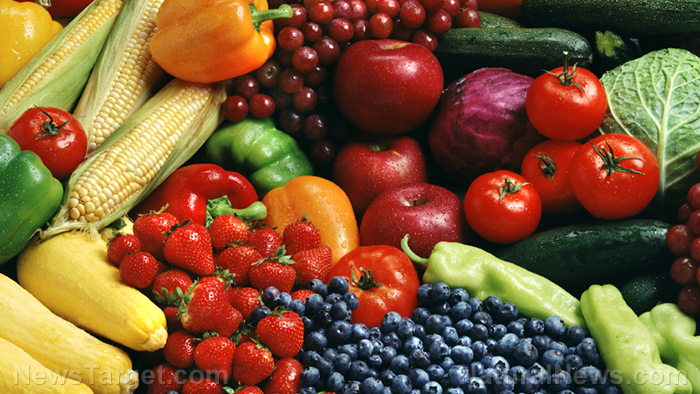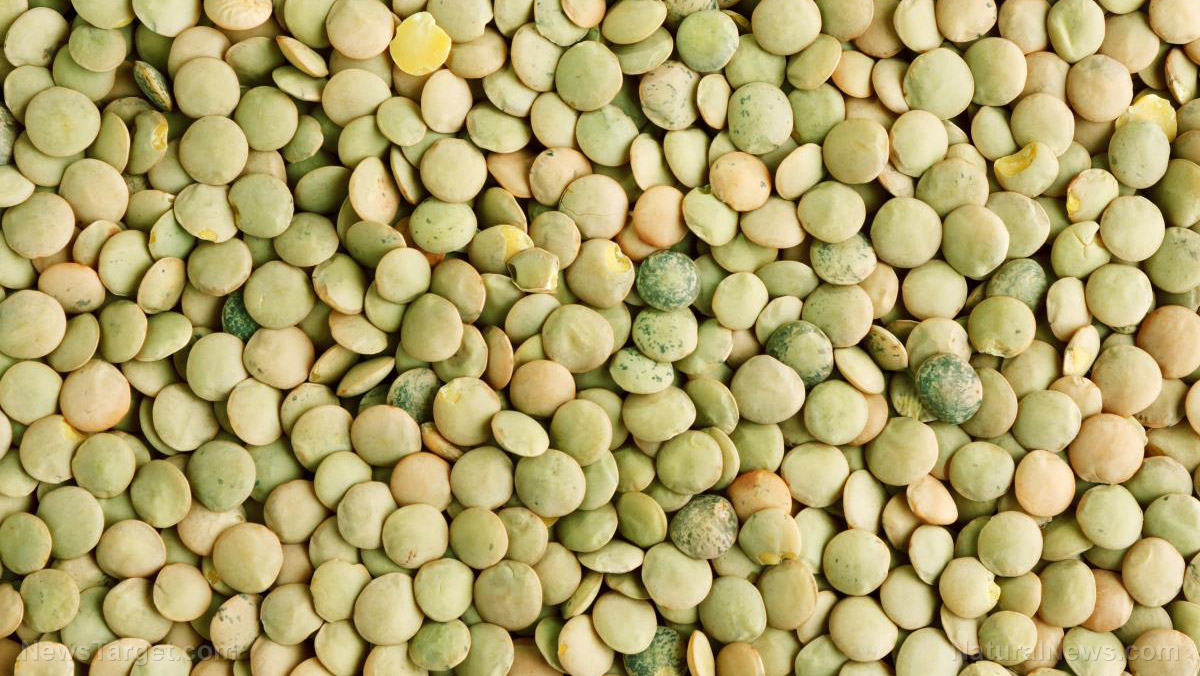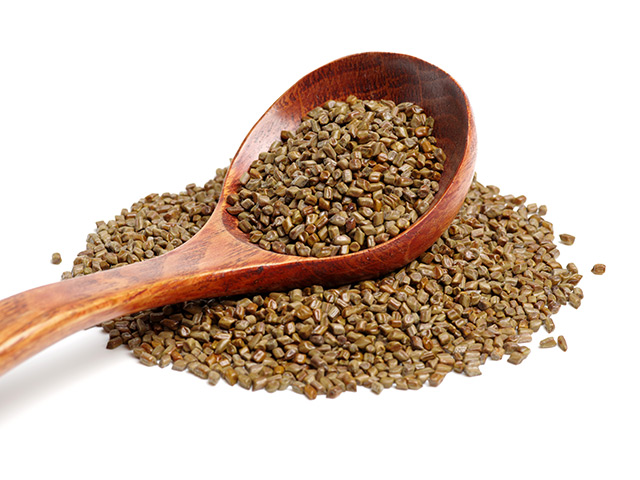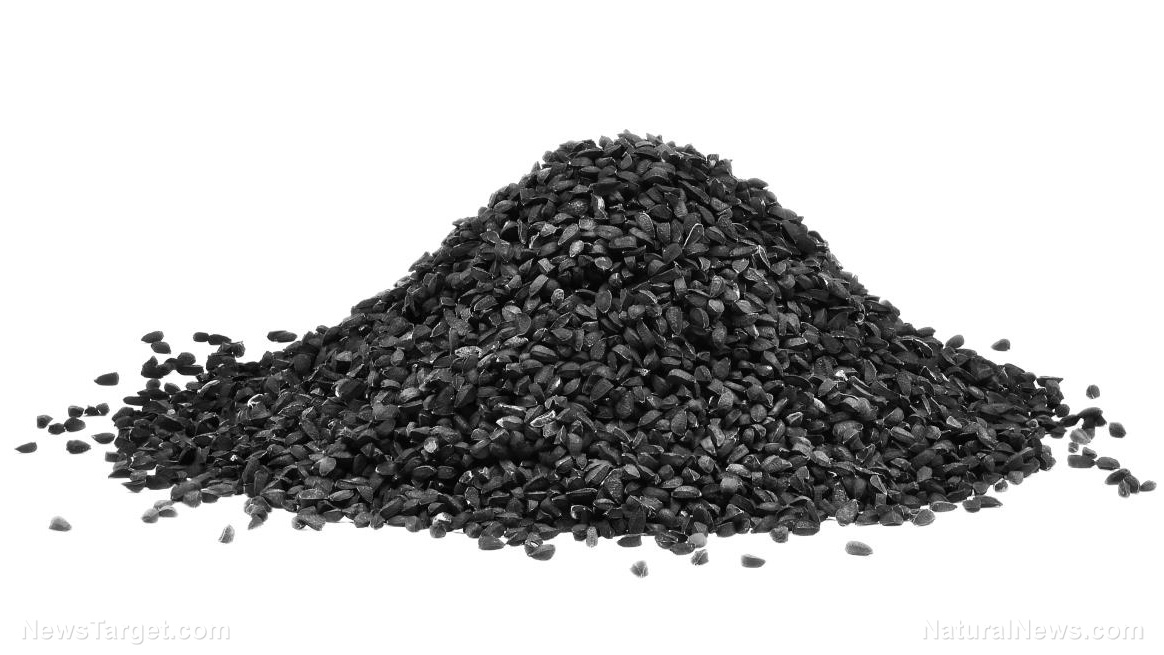Organic food isn’t just better for you – it tastes better too
12/21/2017 / By Vicki Batts

The organic food industry has been booming for more than a decade — and the market shows no signs of slowing down. In June 2017, reports showed that sales of organic products had doubled since 2007, with totals reaching upwards of $47 billion. And there’s plenty of good reasons why the market for organic goods continues to grow: Not only is organic food better for you, consumers say it tastes better, too.
Lecturer Dr. Adelina Gschwandtner from the School of Economics at the University of Kent recently surveyed organic purchasing habits in Canterbury, England. Data was collected from over 100 survey respondents and the results showed that two factors seemed to provide the strongest motivation to go organic: Better taste, and better health. Some respondents also cited the environmentally friendly nature of organic foods, as well as concerns about animal welfare, as motivators for their organic purchasing habits.
While proponents of the GMO-laden, pesticide-ridden “conventional” food industries are quick to dismiss the desire for organic produce as nothing more than a misleading fad, numerous studies have shown that there are clear health benefits to be had from organic foods.
Last year, a massive review of over 200 scientific studies concluded that there were substantial differences in nutrient content in dairy products and meat — differences which were contingent upon whether or not the products were being produced organically or with more industrial practices.
The science showed that organic dairy products and meats boasted significantly higher levels of valuable omega-3 fatty acids. In fact, it was shown that organic animal products contained up to 46 percent more omega-3 fatty acids than conventional, factory-farmed animal products. And the benefits don’t end there: The researchers also noted that organic dairy and meats showcased higher levels of vitamin E and iron, too.
Even back in 2014, studies were clearly indicating that organic foods boast an array of health benefits that so-called “conventional” foods can’t touch. A peer-reviewed study, led by the European Union and the Sheepdrove Trust, looked at 343 different studies of the differences between organic and conventionally grown produce. A team of international researchers published the study three years ago in the British Journal of Nutrition.
Ultimately, the team found that organic fruits and vegetables boasted many times more antioxidants and nutrients than conventionally raised produce. The differences in antioxidant content ranged from 19 to 69 percent more in organic foods than conventional — so much that the extra antioxidants in organic produce could essentially equate to one or two extra servings per day. The researchers contended “and would therefore be significant and meaningful in terms of human nutrition, if information linking these [compounds] to the health benefits associated with increased fruit, vegetable and whole grain consumption is confirmed.”
Of course, the benefits of organically grown produce don’t end with their higher nutrient content; there are still pesticides and other agrochemicals to contend with. The research team noted that conventionally produced fruits and vegetables were four times more likely to have pesticide residue than their organic cohorts. Further, conventional produce was significantly more likely to be contaminated with the heavy metal cadmium.
As usual, the notion that organic foods are actually better for you has been consistently dismissed or undermined by the mainstream media and industry shills. But is it really that hard to believe that food is better for you when it isn’t slathered in toxic chemicals? [Related: Learn more about the amazing health benefits of organic foods at Organics.news]
Sources for this article include:
Tagged Under: healthy eating, ingredients, nutrients, nutrition, organic agriculture, organic diet, organic food, organics




















